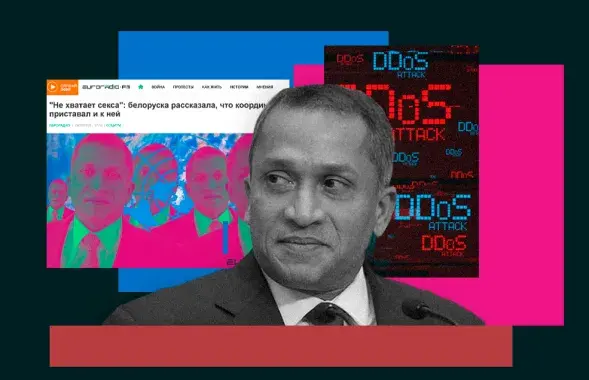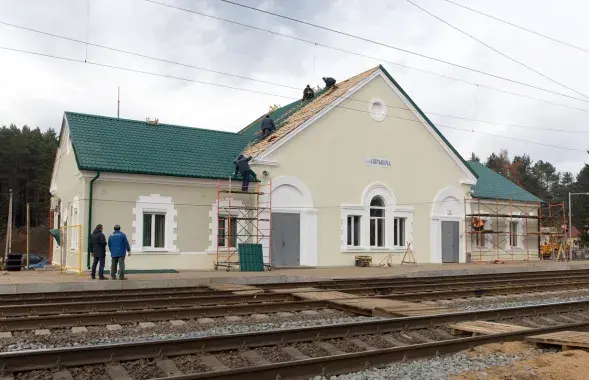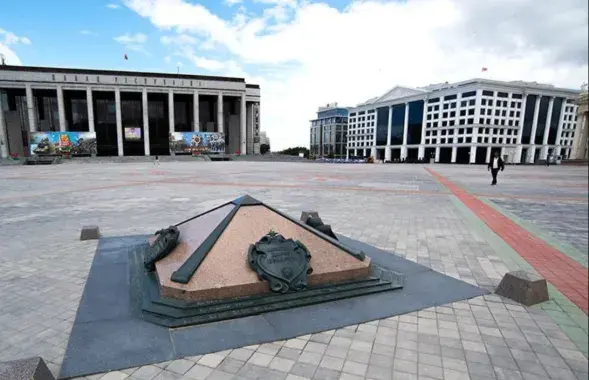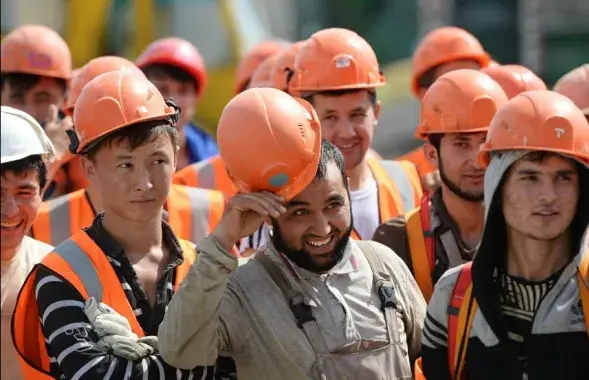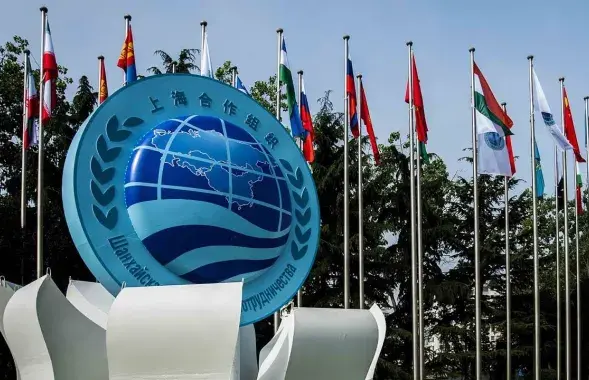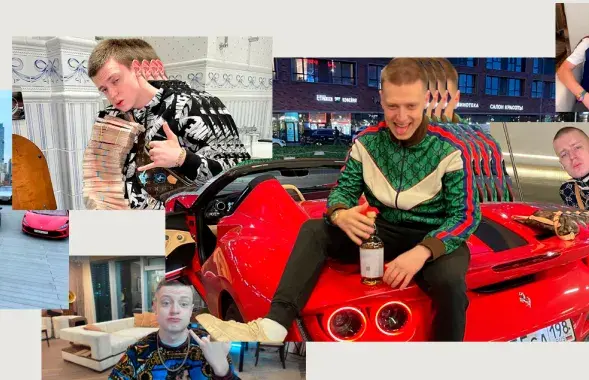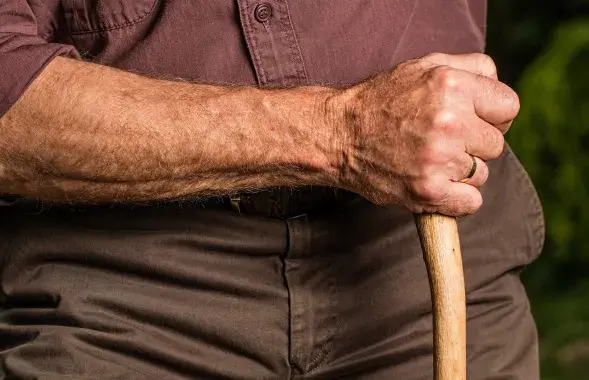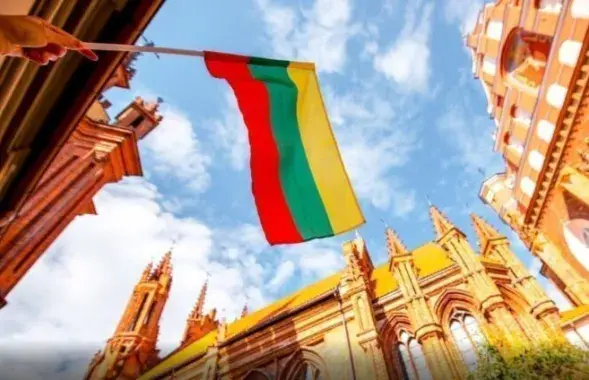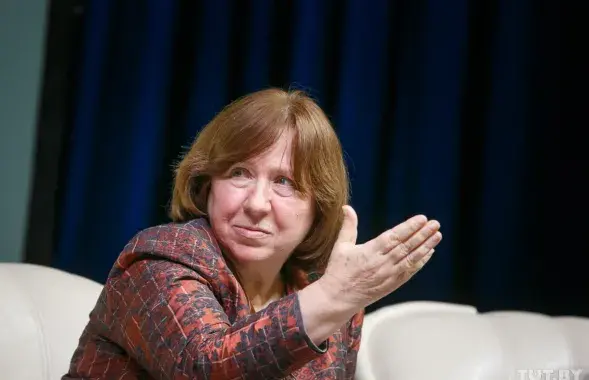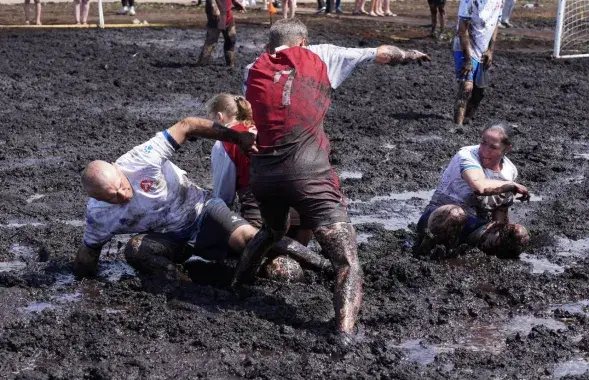Füle: We were thinking what to do to make our policy not just reactive
European Commissioner Štefan Füle tells Euroradio about the new "Dialogue", visa regime simplification and how Belarusians can influence Brussels.
EU Commissioner for Enlargement and Neighbourhood Policy Štefan Füle announced the start of the 'European Dialogue on Modernization" with the Belarusian society on March 29 in Brussels. It is planned that the EU's representatives together with the Belarusian politicians and civil activists will share their opinions and ideas on reforms in Belarus, development of its relations with the EU and possible support of the European Union. The dialogue is based on the four key spheres: politicval reform, reform of the court system and human contacts, issues of economic and branch policy, trade and market reforms.
After the "Dialogue" was announced, Štefan Füle answered several Euroradio's questions.
Euroradio: The "European Dialogue on Modernization" with te Belarusian society has been launched today. Could you please tell in a word, how young people, including Euroradio's listeners, can participate in it?
Štefan Füle: At first, I would like to send my best regards to all Belarusians. We were thinking on what to do to make our policy not just reactive. So now we are launching the third platform. The first one is sanctions, the second is support of those who are persecuted by the authorities, and the third is the dialogue on modernization. This is a platform about the European Belarus, about the things that the European Union can give to Belarusians, when there are no political prisoners and Belarus is on the way to democracy. Therefore, I think that this day is important not only for those whom the authorities took off the train and didn't let come here. We will start the discussion in Belarus itself, about the European Belarus, about the European Union's principles and values, which may be useful to your country.

Euroradio: What the Belarusians should do to make their voices heard by you in the European Commission? How to hold this dialogue from the Belarusian side, especially taking into consideration expensive visas and difficulties in travelling abroad?
Štefan Füle: First of all, on the visas, Belarus is probably the only country I know which has not yet reacted positively to the offer of the European Union to negotiate the visa facilitation. We are not making these offers to just any of our partners, we are choosing our partners wisely. We want the Belarusians to have less expensive visas, we want them to have better conditions to visit us but does Lukashenka want that? This proposal is sitting on the table of Belarusian authorities for nine months without any reactions. But now we are doing some individual efforts with member states, so I hope the Belarusians will feel very soon the positive impact here.
Number two – what we’re launching here today is indeed a process. It’s not just a set of ad hoc meetings here and there, but it is an ongoing process which will touch four basic issues through the working groups meeting, of course, in Belarus where participation will be very inclusive. Exactly those young people you referred to can participate and contribute not only to political issues but also to the issues related to social development, related to economic development including privatization and so on. There will be a series of seminars because we have a huge interest on the side of the member states. They are offering specific seminars on privatization, on strengthening the capacities of the civil society. A lot is going to happen in which Belarusians, not only young but all people could take an active part.
Euroradio:The last question is what is your primary message to the Belarusian authorities? Is it still „release political prisoners first”?
Štefan Füle: My message is very clear. Release the political prisoners, rehabilitate them and you could benefit from that European dialogue on modernization of Belarus. As simply as that.
